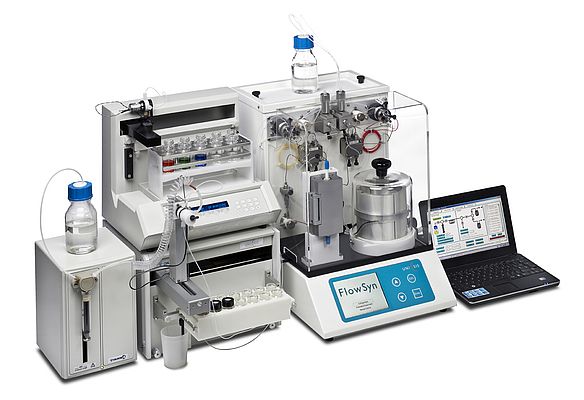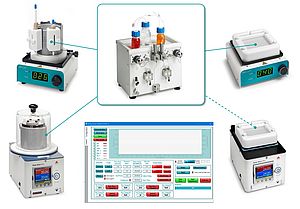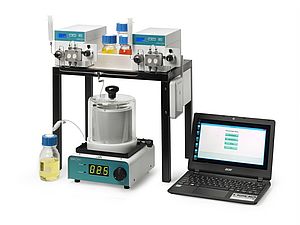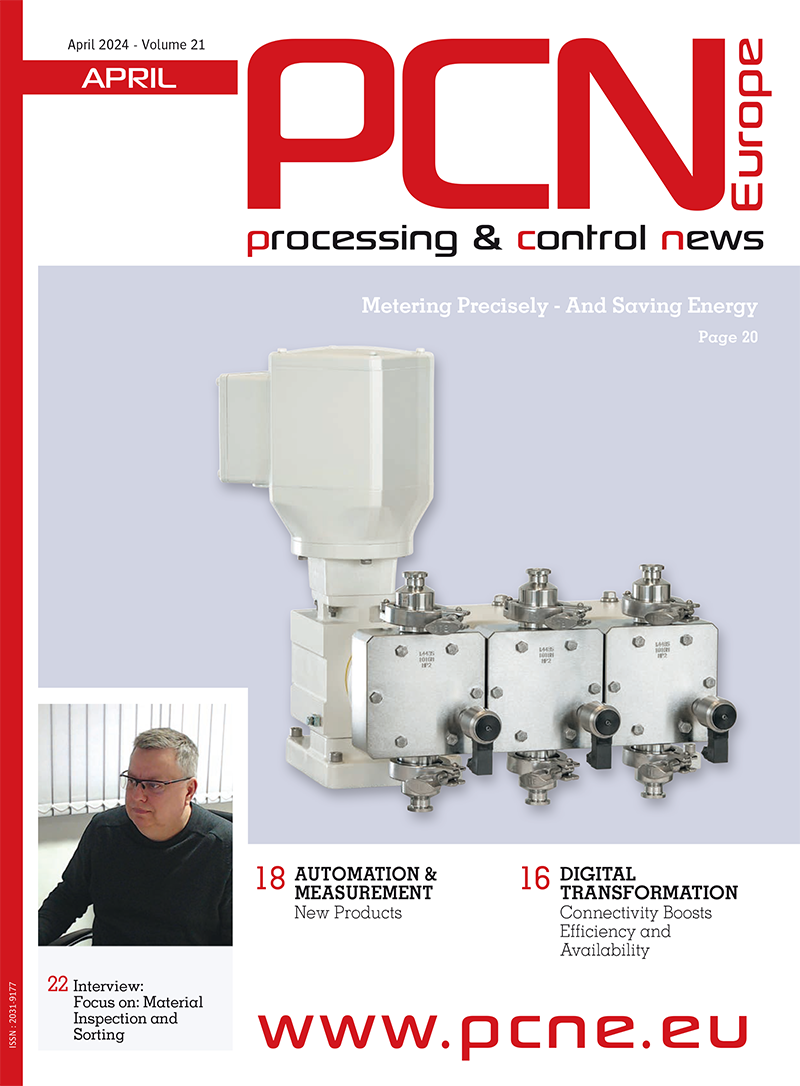An application note, describing an efficient 2-step synthesis of a library of pyrazoles under continuous flow-through conditions developed by chemists at GalChimia (Coruna, Spain) on a FlowSyn™ continuous flow reactor system, was released by Uniqsis. Pyrazoles are an important and well represented chemotype in drug discovery displaying wide ranging biological actions that include analgesic, anti-inflammatory, antipyretic, tranquilizing, muscle relaxing, anticonvulsant, antidiabetic and antibacterial activities. Their preparation typically involves condensation of a hydrazine with a 1,3-diketone or Michael acceptor.
Continuous flow protocol
The aim of the described work was to develop a new continuous flow protocol to replace the traditional 2-step synthesis and to examine the scope of the new methodology. The authors of the application note demonstrate how using the FlowSyn system a range of conditions could be quickly evaluated under flow-through conditions thereby facilitating rapid reaction optimisation. In addition, using the FlowSyn system useful quantities of a wide range of pyrazoles could be prepared in less than 1 hour each.
Dr Jacabo Cruces, CEO of GalChimia commented "Taking in account all the data we gathered in the different experiments, we can conclude that the tandem synthesis of pyrazoles using the Uniqsis FlowSyn™ system offers a general, high-yielding method to prepare these compounds, which can be used with many different substrates".
Single or multiple reactions
The FlowSyn from Uniqsis is a compact integrated continuous flow reactor system designed for easy, safe and efficient operation. The FlowSyn range includes models for performing single or multiple homogeneous or heterogeneous reactions, either manually or automatically. The range of chemistries that can be explored with Uniqsis’ integrated and modular flow chemistry systems grows ever wider and is exemplified by the growing number of applications published both in the academic press and in Uniqsis’ own application notes. Typical examples of flow chemistry applications include hydrogenation, nitration, bromination, metalation, molecular rearrangements and synthesis of compounds such as dihyropyridine, indole, pyrazole, quinolinone and benzimidazole.



















